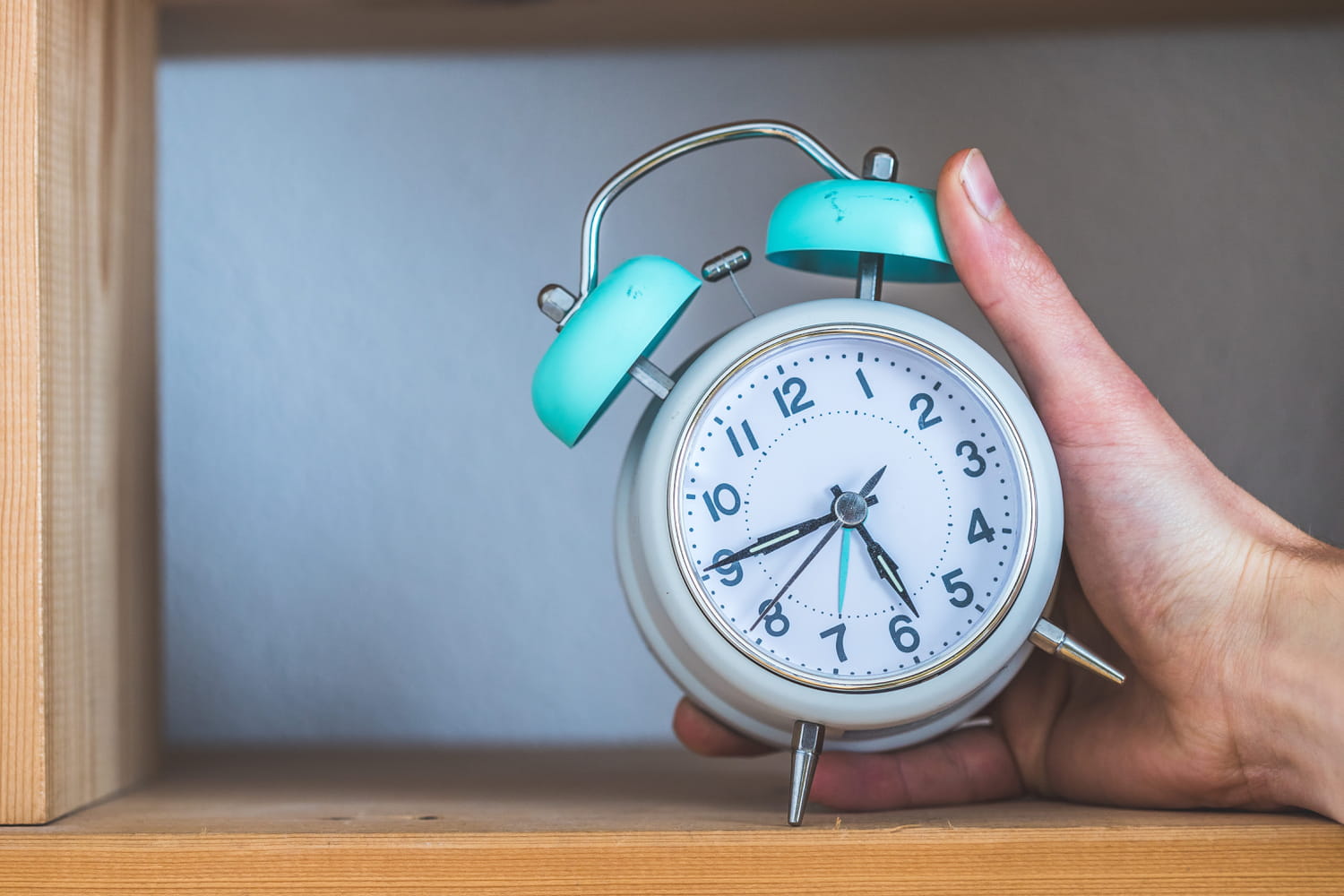The reason is ultimately quite logical.
The sun that rises more and more later, the brightness that drops, the weather which becomes more and more capricious … No doubt, the passage to winter time soon arrives. In France as elsewhere, we go at winter time for a single reason: staying on natural light. Indeed, when the days shortened in the fall, put the clocks back by one hour allows you to keep more clarity in the morning. Conversely, in summer, we advance the time to enjoy the light longer in the evening. Originally, this system was established after the 1970s oil shock. The idea was to save energy, by reducing the use of artificial lighting. Today, this argument no longer has to be because the lamps consume very little, but the rule has remained.
Each year, the European Union applies a directive which fixes two fixed dates: the transition to summer time takes place on the last Sunday in March and the transition to winter time is scheduled for the last weekend in October. To limit disruption on professional and school activities, it is always done on the night of Saturday to Sunday. Generally, the switch to winter time fell between October 27 and 30, but not in 2025.
This year, it occurs earlier: it is on the night of Saturday October 25 to Sunday October 26 that we will back up one hour (at 3 am, it will be 2 hours). If the time change occurs so early this year, it is simply a coincidence of the calendar: in the calendar configuration of 2025, the last Sunday in October falls early. There is no special reason for that: it is a fixed rule and alignment with the month makes it sometimes earlier. This case is rare: the last time it occurred on this date was in 2014. Before that, it was in 2008 and the next time will be in 2031.
To experience the passage at winter time, the best is to anticipate: shift the bedtime from 15 to 20 minutes on previous evenings to avoid a brutal lag; Expose themselves to natural light in the morning to re -order your internal clock; Avoid coffee and screens at the end of the day, which delay falling asleep. Finally, keep meals and regular schedules. We can reassure ourselves: winter time is often better tolerated than summer time, because we “win” an hour of sleep.







